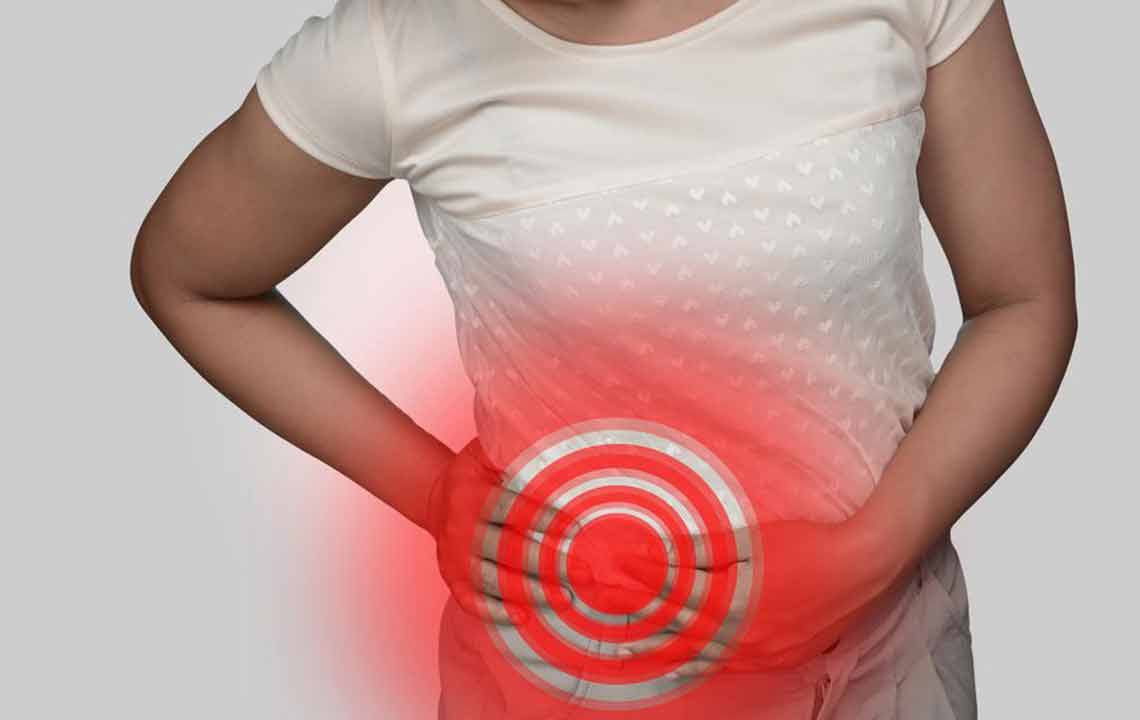Diet options for kidney Diseases
If your kidneys are not working normally and you have nephro-issues, then you need to be careful about what you are eating and control your routine, for reducing the chances of major kidney diseases. When you go to your doctor, they will likely prescribe a diet chart with specific instructions so that you can prevent kidney disease from getting worse. Before you make any changes in your diet, it is important to understand the causes and symptoms of chronic kidney diseases and the complications associated with it. Kidney disease usually develops over several months or years and the signs include- vomiting, weakness, loss of appetite, changes in urinating, mental issues, swelling and cramps in the muscles, breathing problem, high blood pressure and nausea etc.

When you notice the above-mentioned symptoms, going to a doctor can save you from any kind of health issues and painful treatments as they can diagnose the problem at an early stage. A doctor also provides you medications as well as a diet chart, if required.
When it comes to the causes of kidney diseases, here are some of the main reasons, which are responsible for chronic kidney disease.
- High blood pressure
- Diabetes
- Swelling around kidney’s tubules
- Genetic issues
- Kidney infection and cancer
- Working routine and less water consumption
Diet for kidney diseases:
First of all, you need to know that this diet limits potassium, phosphorus, and sodium to help you recover fast.
1) Limit salt and sodium
Being an important part of your body, salt plays a huge role in your dietary changes. Balancing salt in your diet can reduce problems with blood pressure and fluid retention. It is recommended that you avoid salty food, such as meat, sausages, packet soup and more. Along with this, a person having kidney disease can harm their lungs by taking a high level of sodium in their diet.
2) Avoid consuming high levels of potassium
Although potassium is important for muscle contractions, an imbalance can be dangerous for your heart and kidneys. Avoid food and vegetables, which contain a high level of potassium such as spinach, beans, chips, potato and more.
3) Less Protein is good for your kidneys
Whether you are at the initial stage or having severe kidney disease, make sure you limit protein in your diets such as chicken and dairy products. High level of protein can affect your kidneys.
4) Limit fluids
Apart from food which should be avoided or limited in your diet, you should limit the liquids you drink, especially alcohol. Too much alcohol can damage your liver, heart, and kidneys. So, it is better to say no to alcohol. Depending on the requirements of every kidney patient, liquids can be limited accordingly.
5) Choose products and foods with limited phosphorus
To protect your blood vessels and kidney tubules, you need to intake less amount of phosphorus as too much phosphorus can make your bones thin and weak, which directly attacks your kidneys and make them slow in terms of functioning.
What should be included in a diet for kidney disease?
Once you have eliminated the nonessentials from your diet, now you need to know the foods you can eat for the health of your kidneys. Your doctor will suggest you nutrients with exact amount which may include the following.
Fruits
These fruits are good for a low potassium diet: Apple, blueberries, strawberries, grape juice, pineapple, pears, cherries, and peaches. However, you must take according to the chart given by your dietitian.
Vegetables
Beetroot, corn, cabbage, cucumber, sprouts lettuce, onions, broccoli, and turnips etc. are beneficial vegetables in the case of a kidney disease.
Food
You should have multigrain bread, brown bread, and cereal with unsalted popcorn, pretzels, and much more for a healthy kidney.
It is advisable to ask your doctor to chart out a diet for kidney disease. You can also take help from the Internet to make delicious recipes for the healthy functioning of kidneys so that you can stick to your diet.
What you eat and drink can help you fight against any disease, and when it comes to kidney disease, you just need to choose better vegetables and fruits. Discuss all your doubts with your doctor and dietitian so that you can understand the options available for a better and healthier life. Professionals can help you stay nourished and underweight to prevent major kidney disease. You can also ask them to suggest you delicious snacks to keep the taste alive, such as low-sodium popcorn, pouch of tuna, and more.
Not taking proper diet measures and treatment can increase complication, such as heart disease, lungs problem, anemia, decreased fertility, and pregnancy complications etc. Hence, eat as healthy as possible and live a happy life.

